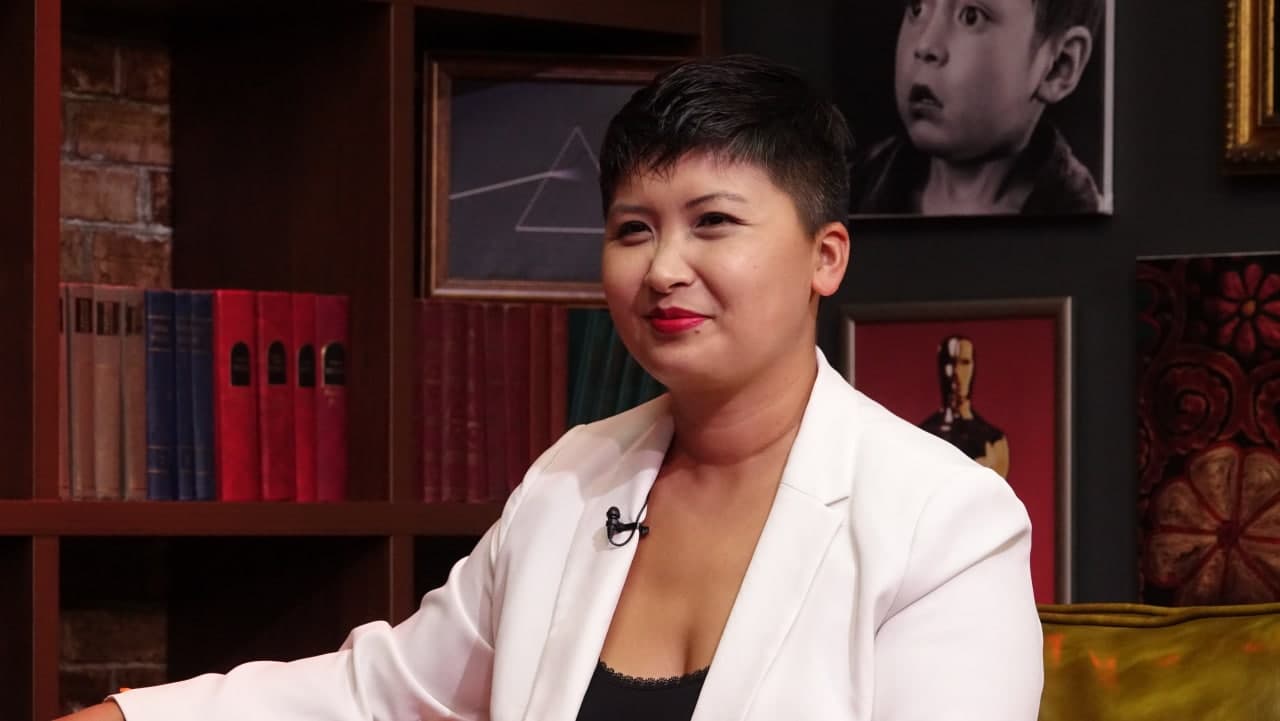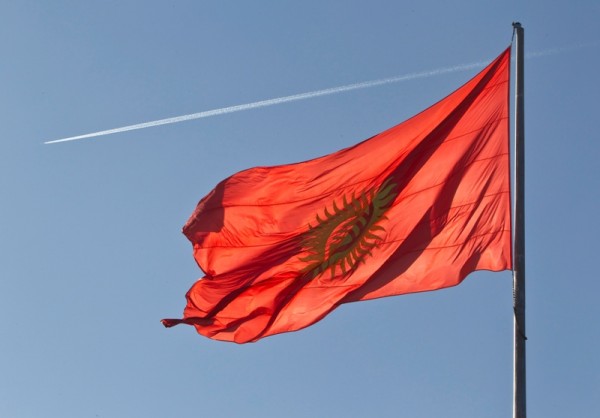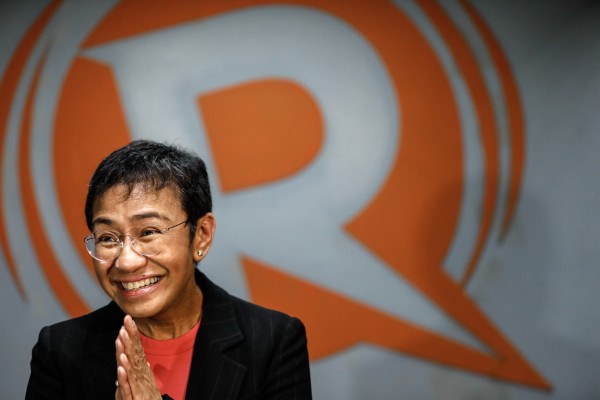Kyrgyzstan’s independent media are facing increasing repression as the government eyes new legislation modelled on Russia. Trumped-up investigations force media outlets to use their time battling government harassment instead of reporting.
On January 27, violent clashes broke out at the contested border between Tajikistan and Kyrgyzstan. The following day, Kyrgyz media outlet Kaktus.media re-ran an article by Tajik media about the incident. According to Kaktus.media, the intention was to show the Kyrgyz audience how the Tajik audience is being informed about the conflict.
A couple of days later, Kaktus.media was charged with “war propaganda” by the city prosecutor. The media outlet was accused of inciting aggression between the two countries. On February 3, 14 members of Kaktus.media staff were summoned for questioning at the prosecutor’s office. The criminal investigation is ongoing.
Kaktus.media founder Dina Maslova told IPI that criminal charges and questioning are only one form of repression they have experienced. Kaktus.media has also faced cyberattacks, verbal abuse, and trolling.
According to Maslova, the repression is aimed at all independent media along with civic activists and bloggers. She expects the pressure to increase even more in the future. Journalists are unable to concentrate on their work due to harassment from the government.
“The situation is severely affecting our work. A lot of our time is spent in improving our information security and other things which are not directly linked to our profession. This is of course stressful”, Maslova told IPI. “All independent media outlets are experiencing psychological pressure at the moment.”
IPI Deputy Director Scott Griffen called on authorities to stop their harassment of Kaktus.media.
“Media outlets should not face criminal prosecution simply for showing their readers the other side of a story”, he said. “IPI calls on Kyrgyz authorities to immediately drop charges against Kaktus.media and stop harassing its staff members. Media must be free to do their work without interference.”
In November 2021, YouTube removed an election-related instruction video from prominent Kyrgyz news outlet Kloop. It also temporarily banned Kloop from posting more videos. The events occurred only days before parliamentary elections in Kyrgyzstan. Kloop suspected that YouTube was flooded with complaints about the video which led to its removal. They guessed the complaint campaign was orchestrated by people who wanted to prevent fair reporting of the elections.
The government’s efforts to stamp out independent media include changes to legislation. In August 2021, President Sadyr Japarov signed a law called “Protection from Inaccurate (False) Information.” It will allow the government to regulate online platforms. Moreover, a bill for a “foreign agent law” has also been initiated. According to Maslova, the law would replicate the foreign agent law of neighbouring Russia.
Suspicious arrest of investigative journalist
On January 22, Kyrgyz investigative journalist Bolot Temirov was arrested on charges of having hashish in his possession. The arrest happened only a couple days after Temirov had published a video report that exposed the questionable business activities of the head of State Committee for National Security Kamchybek Tashiyev’s family. According to the report, Tashiyev’s relatives are profiting from reselling nationally produced oil abroad at an inflated rate.
During the same weekend, a local poet and folk artist, Bolot Nazarov, was arrested as well. He had been writing songs criticizing Tashiyev and had also made music to accompany the videos by Temirov. He was charged with having 8.7 grams of hashish on him.
Temirov has insisted that the hashish allegedly found in his possession had been planted in his pocket. The computers and hard drives in his office were confiscated during the raid. Temirov is suspected of “illegal manufacture of narcotics without the purpose of selling”. On February 15, Bishkek city court ruled that his detention was legal.



